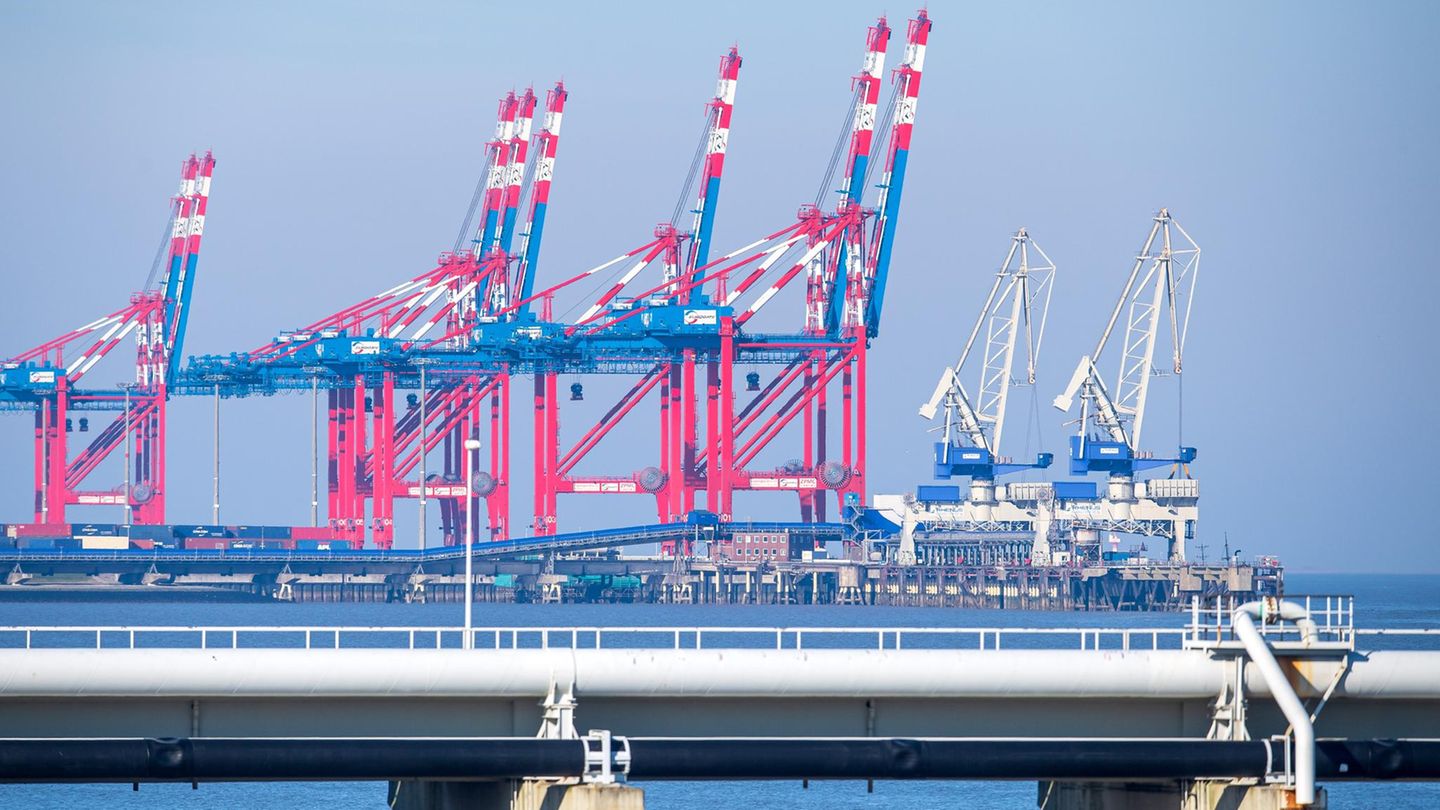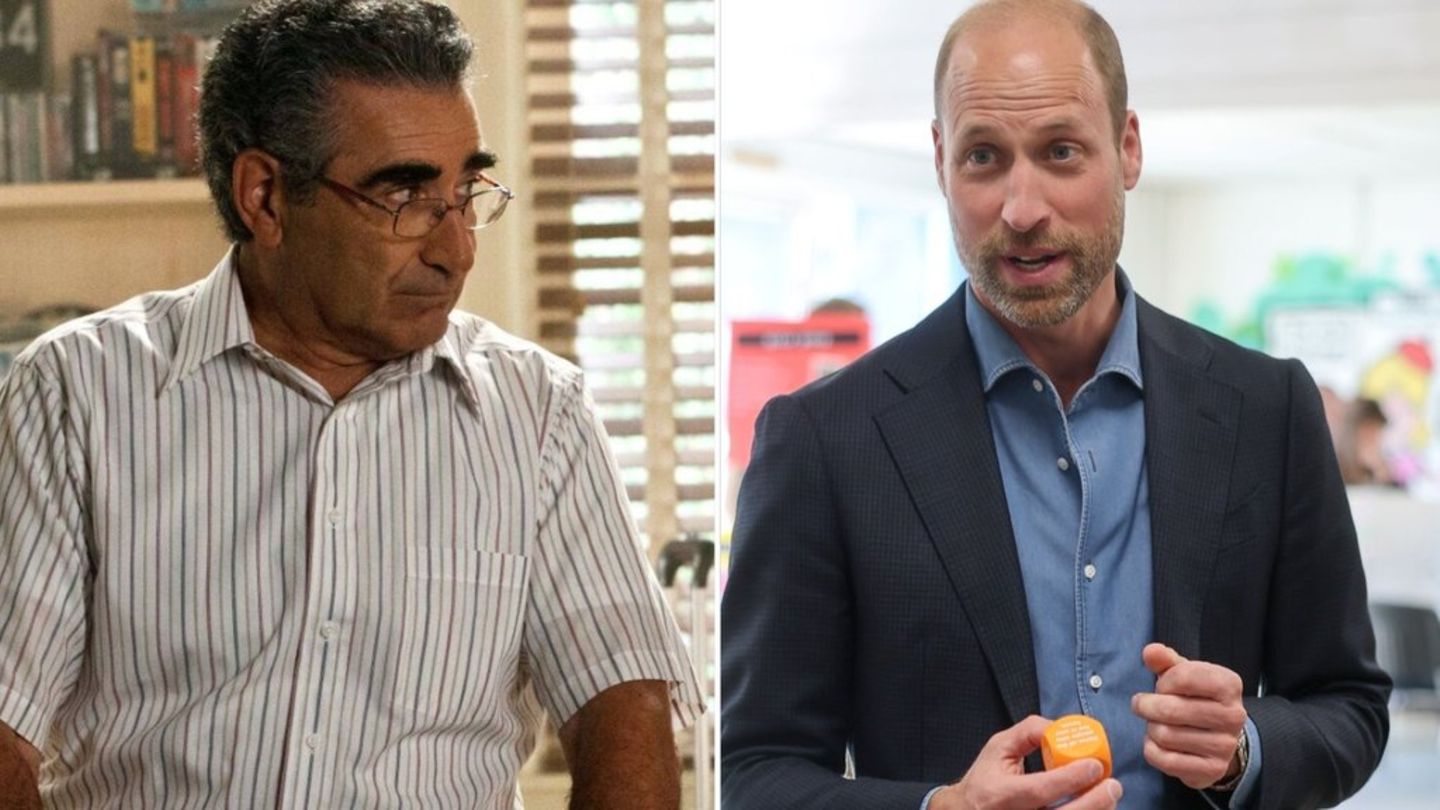In cars, machines or medicines “made in Germany” there are raw materials and preliminary products from all over the world. Since the Ukraine war, it has become even clearer than before how problematic dependency on individual supplier countries can be. Here is an overview.
For decades, Germany benefited from free world trade, which provided access to cheap products and raw materials. The consequences of the dependency on supplies from abroad were already evident in the corona pandemic. Supply chains broke, important raw materials became scarce. The Ukraine war further exacerbated the situation for “made in Germany”.
Russia produces large amounts of steel and metal for the automotive industry
There are many different raw materials and primary products in cars. For the light metals aluminum and magnesium, for example, China and Russia have particularly high world market shares, the Russian group Rusal is considered the largest single aluminum supplier. The Russian Federation is similarly powerful as a supplier of the precious metals palladium and platinum, which are needed for catalytic converters. Steel is also an indispensable resource in automobile and engine construction. Conventional iron ore often comes from various major producers such as China, Brazil, Australia or India. In the case of special steels with chromium, titanium or nickel as components, the dependency on certain sources can be higher. With Norilsk Nickel, Russia has one of the leading nickel producers.
Nickel is also used in many types of batteries, as are the elements cobalt, manganese and copper. In the battery cells of electric cars, the current flows through charged particles (ions) of the alkali metal lithium, which currently comes from Australia, China and Chile. A number of other metals or metal compounds are used for batteries and power electronics in vehicles. A central supplier product are semiconductor modules and microchips based on silicon or germanium. They have been in short supply in many places since the Corona crisis. Here, Europe’s industry – as with battery cells – wants to make itself more independent of the previously dominant manufacturers from Asia. In addition, cars without numerous plastics for the interior are unthinkable. Oil and natural gas mixtures are required for the production of plastics.
The consequences of the Ukraine war are also making themselves felt in mechanical engineering. The product range here extends from agricultural machines to forklifts and machines for the food industry. The need for preliminary products and the dependency on supplier countries is therefore very different. An important material is steel, which many companies do not purchase directly from the manufacturer but through wholesalers. The bottlenecks on the steel market as a result of the Ukraine war are clearly felt by machine builders. “Companies that need steel for a current project are particularly affected. In some cases, they are no longer even given a price or delivery times,” reports Bianca Illner from the VDMA mechanical engineering association. Microchips, which are found in control elements and often come from China, are also indispensable for many mechanical engineers. According to a VDMA survey, a good three-quarters of the companies are putting their supply chains to the test after their experiences with the pandemic. For example, they are targeting a broader network of suppliers. A different geographical distribution of the suppliers also plays a role in many companies.
Chemical and pharmaceutical industries dependent on gas and oil
The German chemical and pharmaceutical industry consumes huge amounts of gas and oil: According to the German Chemical Industry Association (VCI), it uses 2.8 million tons of natural gas as a raw material and 99.3 terawatt hours of natural gas to generate steam and electricity every year. In addition, the industry requires over 14 million tons of naphtha as a raw material. There is therefore great concern about an energy embargo against Russia. “In all companies, crisis management teams and teams are now working daily to examine the specific situation of the energy supply, to analyze various scenarios for a reduction in the supply of natural gas and to make preparations,” said VCI Managing Director Wolfgang Große Entrup. The association emphasizes that the energy consumption per product unit has halved since 1990.
According to the latest figures from 2020, the most important importing countries for chemical products were the Netherlands, Belgium and France. Russia is in 18th place with a share of 1.3 percent. Non-fossil raw materials in the value chain are important for building a climate-neutral economy, such as rare earths, lithium, nickel or phosphorus. The industry is dependent on China (rare earths), Chile and Bolivia (lithium) and Kazakhstan (phosphorus).
Strong dependence on semiconductors from Asia
The German electrical and digital industry is closely involved in the international movement of goods. Last year, exports worth 225 billion euros were offset by imports worth 222 billion euros, according to the ZVEI industry association. At around 80 billion euros, this includes primary products, most of which come from the EU (31 billion), Asia (24 billion) and the USA (5 billion). Preliminary products from Russia, Belarus and the Ukraine came to less than a billion euros, so that direct war losses are of little importance.
The strong dependence on semiconductors from Asian factories was already evident during the corona crisis. The ZVEI supports funding projects to increase the production of these components in Germany and Europe. As early as November, 70 percent of companies reported in an association survey that they wanted to diversify their supply chains for raw materials. In addition, 65 percent wanted to expand their warehousing. The situation has worsened again with the Ukraine war: Currently, more than 60 percent expect that the delivery problems, among other things, for metals, wood and chemical products will worsen again.
Energy: Strong foreign dependency
According to the Working Group on Energy Balances, around 71 percent of the energy requirement came from abroad in 2021. The import share was 98 percent for mineral oil and 95 percent for natural gas. The most important domestic energy sources were renewable energies and lignite. Hard coal, on the other hand, is no longer mined in Germany and has to be imported 100 percent.
“Germany is heavily dependent on Russian energy imports,” the Federal Ministry of Economics stated in early April. 35 percent of oil consumption, 50 percent of hard coal consumption and 55 percent of natural gas deliveries came from there in 2021. Because of the Ukraine war, Germany now wants to become independent of Russian energy supplies. In the case of hard coal, this should be achieved by autumn, and in the case of oil by the end of 2022. Economics Minister Robert Habeck (Greens) hopes to become “largely independent by mid-2024” in the case of Russian natural gas.
Germany obtains its construction raw materials such as sand and gravel or natural stones as well as various industrial minerals such as rock salt or quartz sand from domestic deposits. “Even on a global scale, Germany is still an important mining country,” according to the Federal Ministry of Economics. In 2019, Germany was the third largest producer of raw kaolin, the fourth largest producer of rock salt and the fifth largest producer of potash salt.
For metals and many industrial minerals, however, Germany is heavily dependent on imports. For example, iron ore for German pig iron production is exclusively imported. According to the Federal Institute for Geosciences and Natural Resources (BGR), the demand for iron alloys with chromium, manganese or molybdenum for the stainless steel industry is almost entirely covered by imports. However, dependency on imports is significantly reduced by recycling and buying in scrap and waste.
Source: Stern
Jane Stock is a technology author, who has written for 24 Hours World. She writes about the latest in technology news and trends, and is always on the lookout for new and innovative ways to improve his audience’s experience.




